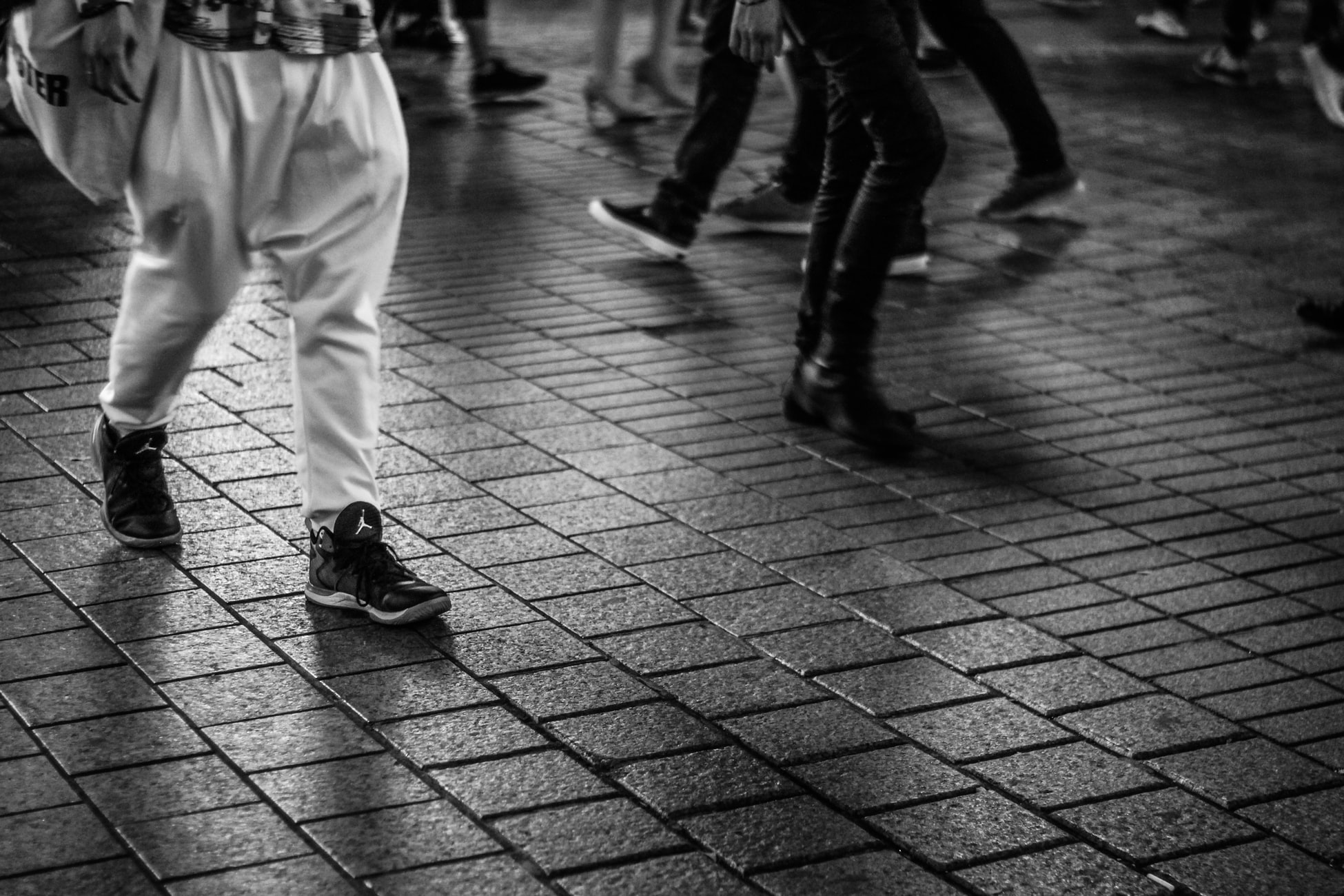Social psychologist Dennis Nigbur comments on the current nature of distancing and the importance of social connection.
They call it social distancing, but we all know the name is wrong. As several psychologists have pointed out on Twitter (for particularly insightful comments, follow Olivier Klein @olivier_klein, Steve Reicher @ReicherStephen, and Brooke Rogers @DrBrookeRogers), the key is to create physical distance to slow the spread of the Covid-19 coronavirus, but to promote the social solidarity needed to keep people connected and motivated to participate in this effort (https://twitter.com/ReicherStephen/status/1241064427035779073?s=20).
Regular collective applause for healthcare workers in many places around Europe and beyond, and the repeated insistence that #WeStandTogether (https://twitter.com/EUCouncil/status/1240927823331823616?s=20), seem to show that people are pulling together psychologically despite the physical separation. In the UK, this may not be as visible yet because the government took some time to deviate from “business as usual” and a strategy to nudge people towards improved individual hygiene (https://nous-et-les-autres.blogspot.com/2020/03/social-psychology-of-coronavirus-will.html). British pubs, restaurants and gyms have only just been advised to close at the time of writing; but in my German home town, for example, meetings of more than two persons in public spaces are now forbidden. This physical isolation is precisely not a matter of everybody going home and doing their own thing. It’s a matter of everyone doing their bit for the collective, which – in a global pandemic – means to space out to minimise contagion.
This will feel counter-intuitive to many of us because we aren’t used to getting out of the way of airborne viruses. By contrast, there’s already a well-established social norm to avoid spreading your germs once you have caught them. So one good piece of advice is to act as if you already had Covid-19 and were doing your best to avoid giving it to anyone else (https://twitter.com/BeardedGenius/status/1238475687830355970?s=20). You aren’t doing this for yourself, but for everyone. If you don’t feel vulnerable yourself, you still want to protect those who are. The message that we should adopt the right behaviours out of a sense of virtue, duty and responsibility – rather than utilitarian motives – seems to be effective (https://psyarxiv.com/9yqs8).
The reason for collectivising rather than individualising our response to the coronavirus crisis, then, is that social norms are so powerful (https://thepsychologist.bps.org.uk/dont-personalise-collectivise). When people feel that their actions are a valued and important part of a vital community effort, they are usually happy to cooperate (https://blogs.bmj.com/bmj/2020/03/17/how-can-we-involve-communities-in-managing-the-covid-19-pandemic/). And whereas individual responses to this viral threat might range from blitheness to panic, collective responses necessarily need to serve the welfare of all members and therefore have altruism essentially built in (https://nous-et-les-autres.blogspot.com/2020/03/psychologie-sociale-du-coronavirus_11.html).
But for group norms to be effective, people need to identify with that group (https://twitter.com/cliffordstott/status/1240198704491003904?s=20). Some may do the right thing out of solidarity with the entire global community affected by the pandemic. Others may respond better to more national or local concerns, such as the building of social consent by government policy (https://twitter.com/ProfMikeWeed/status/1241110344698863616?s=20), the message that “panic buying” is not normative nationally or locally (https://www.prweek.com/article/1677799/public-responds-best-altruistic-messaging-government-coronavirus), or the idea that local communities could help with grocery shopping to remove the motivation to stockpile and thereby remove resources from others (https://twitter.com/ProfJohnDrury/status/1241299670833541120?s=20). Mercifully, global and local collective interests coincide perfectly in the current crisis: Regardless of which community you most strongly identify with, it wants you to do your bit to slow down the coronavirus.
So keep your physical distance in the interest of the community, but stay socially connected while doing so. These connections are often underestimated, but highly effective at reducing anxiety and improving well-being (https://theconversation.com/loin-des-yeux-proche-du-coeur-le-lien-social-au-temps-du-coronavirus-134086). Here are some evidence-based recommendations: https://twitter.com/uqchasla/status/1241143578023231489?s=20
Stay safe and well!
Dennis Nigbur
 psychology
psychology Mark Titus
Mark Titus 3076
3076



Comment on “Keep calm, but don’t just carry on”